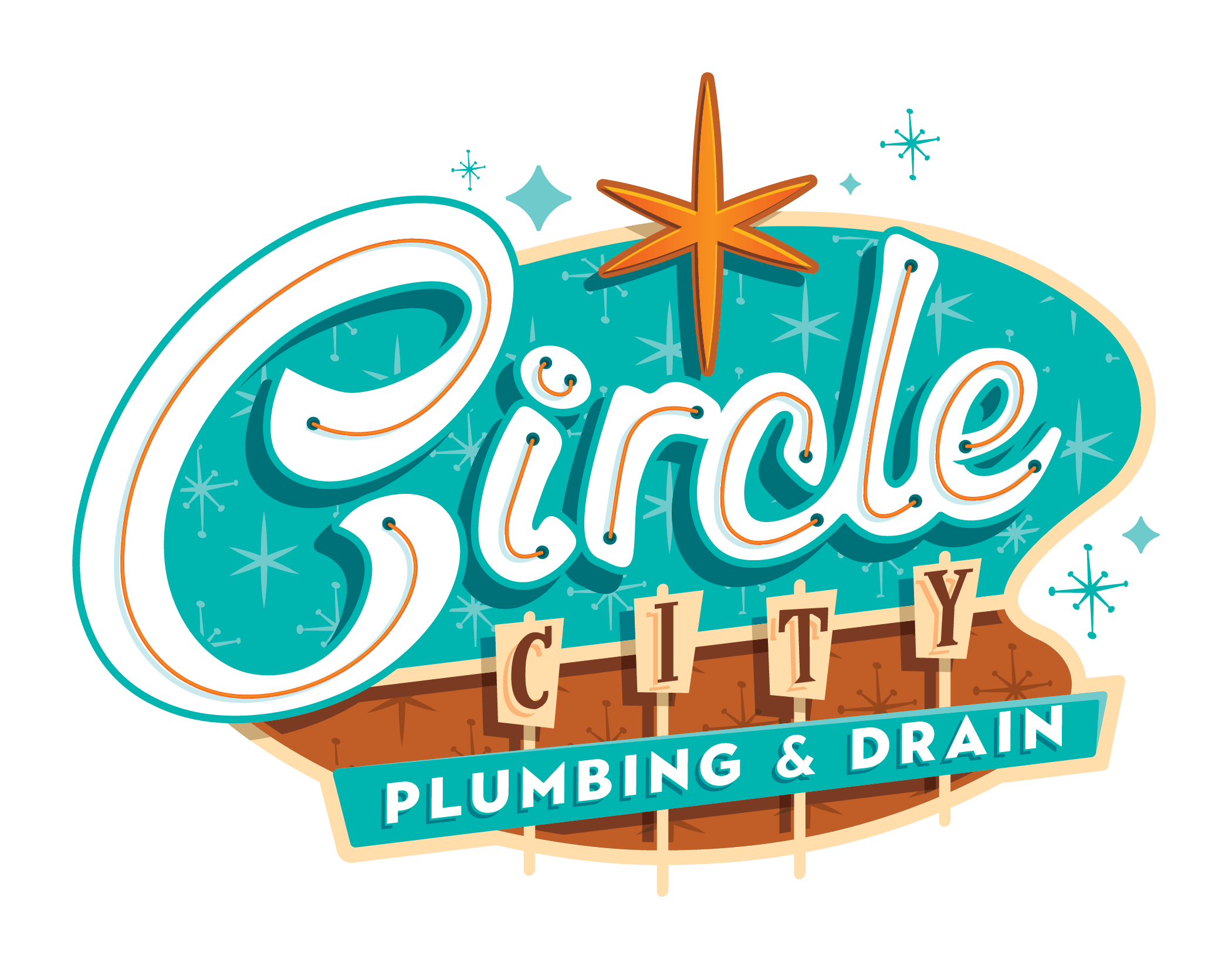Residential Appliance Installation
Appliances are the heart of a modern household, providing convenience, efficiency, and functionality to everyday tasks. Proper installation of these appliances is essential to ensure they perform optimally and seamlessly integrate into your home. In this comprehensive guide, we will delve into the world of residential appliance installation, covering key considerations, benefits, and tips to ensure a smooth and successful installation process.
Expertise and Experience
While some homeowners may be skilled in DIY projects, it’s important to recognize when a professional touch is needed. Complex appliances, such as gas ranges, built-in ovens, and dishwashers, often require specialized knowledge for safe and efficient installation.
Location and Accessibility
Selecting the ideal location for each appliance is critical. Consider factors such as proximity to necessary utilities (e.g., water, gas, electricity), proper ventilation, and accessibility for maintenance and repairs.
Plumbing and Electrical Requirements
Different appliances have specific plumbing and electrical needs. For example, a refrigerator with an ice maker requires a water line hookup, while an electric range needs the appropriate electrical outlet. Ensuring these requirements are met is crucial for both safety and functionality.
Benefits of Professional Appliance Installation
Safety
Professional appliance installation ensures that gas lines, electrical connections, and water hookups are properly installed, reducing the risk of leaks, fires, or other hazards. Safety is paramount, and experts have the knowledge to adhere to local codes and regulations.
Performance
Proper installation directly impacts appliance performance. Incorrect installations can lead to inefficiencies, uneven cooking, reduced energy efficiency, and premature wear and tear on the appliance.
Warranty and Longevity
Many manufacturers require professional installation to uphold the appliance’s warranty. Professional installation also contributes to the longevity of your appliances, minimizing the need for repairs or replacements due to installation-related issues.
